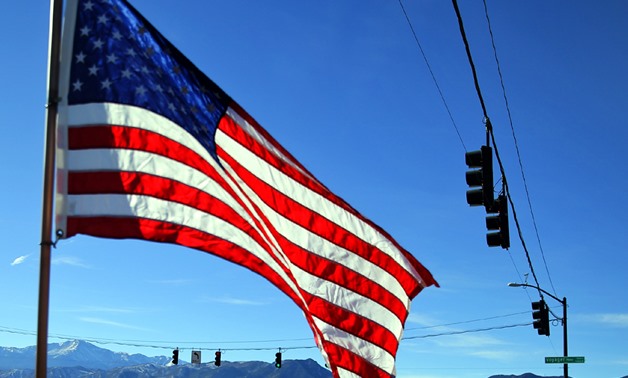
United States to lower foreign arms sales surcharge - Reuters
BERLIN - 26 April 2018: The U.S. government will reduce its administrative surcharge on foreign arms sales to 3.2 percent from 3.5 percent from June as part of a broader effort to make U.S. weapons more competitive internationally, a top U.S. official told Reuters on Wednesday.
U.S. Lieutenant General Charles Hooper, director of the Defense Security Cooperation Agency, announced the change during an interview at the ILA Berlin Air Show, where Lockheed Martin Corp, Boeing Co and U.S. companies are showcasing helicopters, fighter jets and other military equipment.
"This rate reduction will immediately reduce the cost of new business for our international partners," said Hooper, whose agency facilitates all foreign military sales. "We think this rate reduction will allow the U.S. to become more competitive in the global defence market."
The U.S. government assesses the surcharge on the full value of all government-to-government foreign arms sales to cover its administrative costs and to avoid any charge to U.S. taxpayers for such transactions.
The move comes days after the Trump administration announced an overhaul of U.S. arms export policy aimed at expanding sales to allies, saying it would bolster the American defence industry and create jobs at home.
Hooper's announcement was welcomed at the biennial German air show, where U.S. companies this year are showcasing a wide range of military equipment, including Lockheed's F-35 stealth fighter jet and its CH-53K heavy-lift helicopter, and Boeing Co's CH-47 Chinook twin-rotor helicopter.
STRENGTHENING ALLIES
U.S. Air Force Deputy Undersecretary Heidi Grant told Reuters at the show that she saw strong demand for U.S. products and technology, given increasing concern about "the adversaries that are out there, Russia and China in particular."
She said lowering the surcharge was part of the U.S. government's ongoing efforts to speed up the arms sales and policy-making process, noting that strengthening allies was now a stated priority of the U.S. national defence strategy.
At the same time, she said, the Trump administration was also removing barriers and making it easier for companies to do business. "There's been a big focus on doing as much as we can for companies to make them more competitive," she said.
Michael Hostetter, director of Boeing Co's Vertical Lift Programs in Germany, told Reuters the lower surcharge rate was good news for Boeing, the largest U.S. exporter. About 36 percent of Boeing's defence sales last year came from exports.
"When you're talking about billions of dollars, a small change is a significant difference in the total price for our customer," he said. "It's a benefit to the Boeing Company."
Frank St. John, who heads Lockheed Martin Corp's Missiles and Fire Control division, welcomed U.S. efforts to accelerate the arms sales process, and said the decision to drop the administrative fee was significant.
"On a $1 billion deal, that would be $30 million," he said.
Speeding up approvals of arms sales and lowering costs would help U.S. firms and the allies that were buying equipment, while ensuring that military capabilities reached allies sooner, he said. "Everyone wins in that situation."

Comments
Leave a Comment